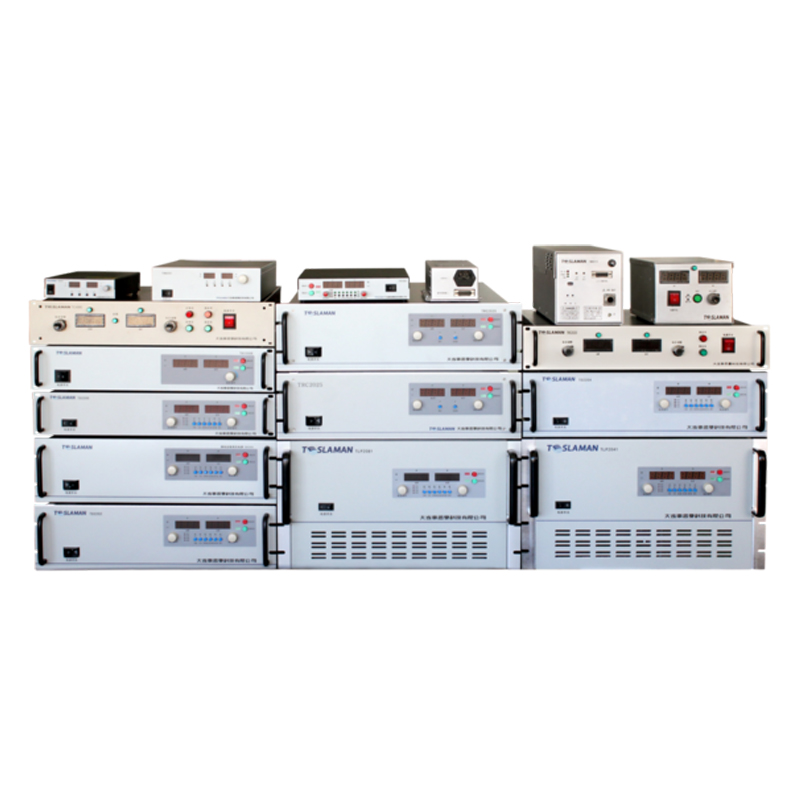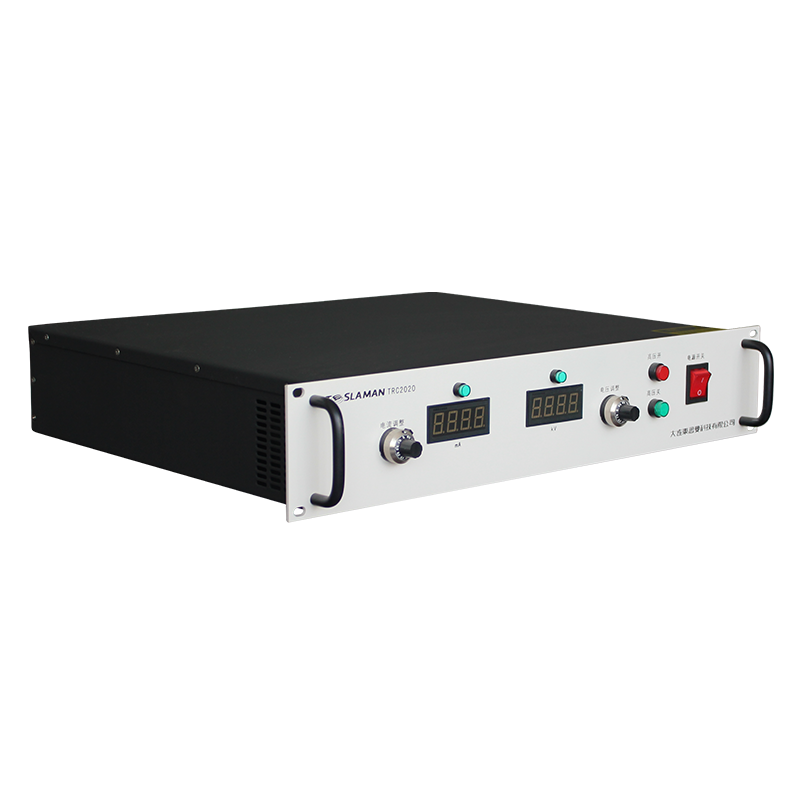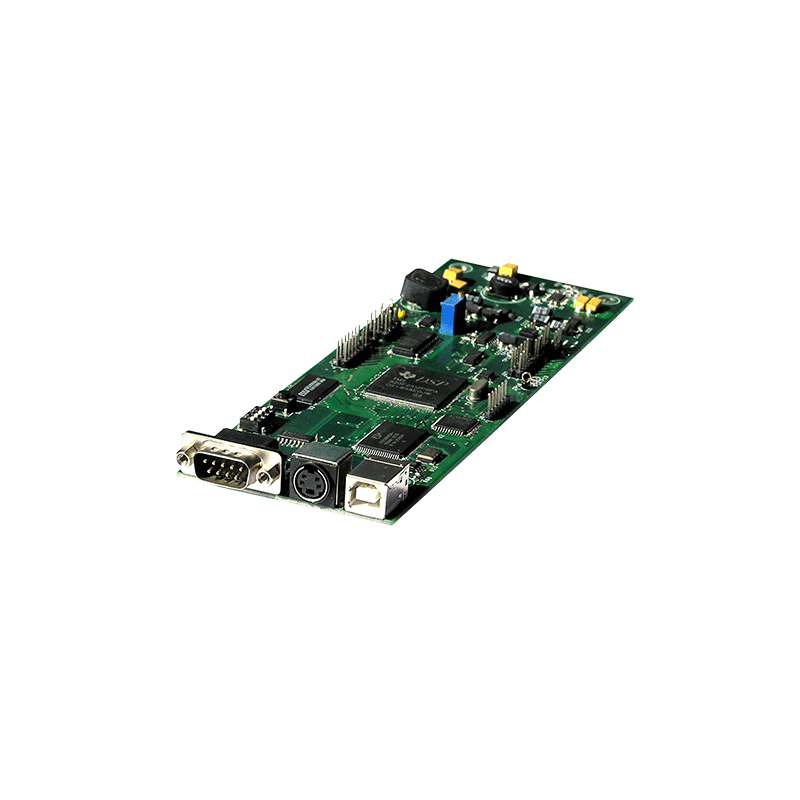The Influence of Materials on Coating High voltage Power Supplies
In modern industrial manufacturing, coating technology is widely used in multiple fields such as optics, electronics, and automobiles, which can enhance the performance and appearance quality of products. The coating high voltage power supply, as a key equipment in the coating process, its performance directly affects the coating quality. Among them, the materials that make up the high voltage power supply have a crucial impact on its performance.
Regarding conductive materials, copper and aluminum are the main conductive materials commonly used in high voltage power supplies. Copper has excellent electrical conductivity and low resistance, which can effectively reduce the energy loss during current transmission. This is of great significance for high voltage power supplies, as lower energy loss means higher conversion efficiency. In coating equipment that operates continuously for a long time, a high voltage power supply using copper as the conductive material can maintain a stable output power and reduce the heating problem caused by excessive energy loss, thereby improving the stability and reliability of the equipment. In contrast, although aluminum has a lower cost, its electrical conductivity is slightly inferior. When aluminum is used as the conductive material, the resistance is relatively large, generating more heat. This not only may affect the efficiency of the power supply but also may shorten the service life of the power supply due to overheating. However, in some occasions where cost is a sensitive factor and the requirements for power supply performance are not extremely high, aluminum is also selected due to its cost advantage.
Insulating materials also play an indispensable role in coating high voltage power supplies. High quality insulating materials can prevent leakage in high voltage circuits and ensure the safety of operators and equipment. Common insulating materials include epoxy resin, polytetrafluoroethylene, etc. Epoxy resin has good insulating properties and mechanical strength and is easy to form. It can closely wrap various components in the high voltage circuit and effectively isolate conductors with different potentials. In a coating high voltage power supply, the application of epoxy resin can effectively prevent creeping discharge and breakdown caused by high voltage and ensure the stable operation of the power supply. Polytetrafluoroethylene has higher temperature resistance and chemical stability. In some coating processes under high temperature or special chemical environments, a high voltage power supply using polytetrafluoroethylene as the insulating material can better adapt to harsh working conditions and avoid the degradation of insulating performance due to environmental factors.
Magnetic materials are importantly applied in components such as transformers of high voltage power supplies. For example, ferrite magnetic materials are widely used in high frequency transformers due to their high magnetic permeability and low loss characteristics. In a coating high voltage power supply, high frequency transformers are used to convert the input voltage into a high voltage suitable for the coating process. Ferrite magnetic materials can effectively transmit and convert energy under high frequency conditions, reducing hysteresis loss and eddy current loss and improving the efficiency of the transformer. This is crucial for the coating process that requires precise control of voltage and current, because stable voltage output can ensure the uniformity and quality of the coating. If magnetic materials with poor performance are used, it may lead to serious heating and reduced efficiency of the transformer, and then affect the performance of the entire coating high voltage power supply.
To sum up, the selection of conductive materials, insulating materials, and magnetic materials in coating high voltage power supplies has a profound impact on their performance, stability, efficiency, and service life. In practical applications, it is necessary to comprehensively consider and select appropriate materials according to specific requirements of the coating process, working environment, and cost budget to ensure that the coating high voltage power supply can operate efficiently and stably and provide reliable support for high quality coating processes. With the continuous development of materials science, the emergence of new materials is expected to further enhance the performance of coating high voltage power supplies and promote the innovation and breakthrough of coating technology in more fields.




















